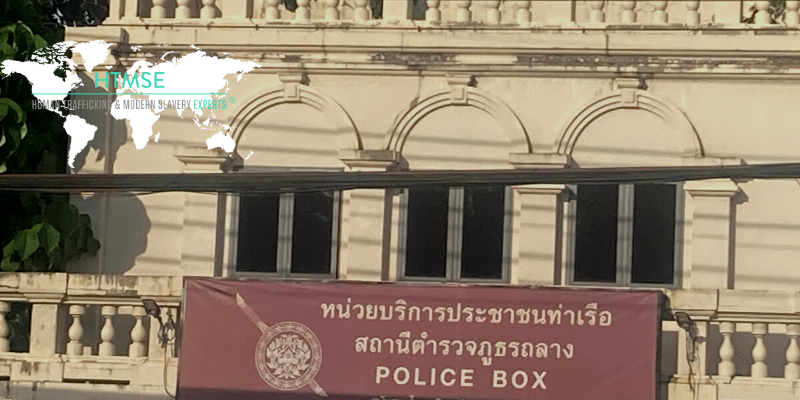
Burmese workers producing F&F Jeans and other clothing for Thai company VKG were subject to conditions of forced labour when supplying the Thai branch of Tesco between 2017-2020. This included illegal pay rates such as £3 per day, employees subject to 99 hour working weeks, ill working conditions such as outdated machinery causing injuries to the employees, and the employer tampering with wage records through control of employee bank cards. In 2020, 136 VKG workers were dismissed when asking to be paid the minimum wage, leading to the inquiry into modern slavery within VKG.
During investigations, police and Thai officials are accused of contrived interviews. It took only one day to interview 114 ex-VKG workers, where victims’ statements were allegedly deleted, they were rushed and ‘cut off’ from finishing sentences. NGOs witnessing the interviews observed that due process was not followed and interviews were ineffective, suggesting they were conducted for appearance rather than to obtain true conclusions of the safety of the VKG employees working conditions.
This landmark lawsuit against Tesco for ‘negligence and unjust enrichment’ is brought forward by Oliver Holland, partner at Leigh Day, representing 130 workers formerly employed by VKG, as well as a 7 year old daughter of an employee who was raped on factory grounds. Tesco does not have day to day dealings with the factory, yet the corporation has encouraged its suppliers to reimburse their employers, and commented on previous compensation paid to VKG workers by the Thai labour court. However, within the remit of the UK, Tesco will face repercussions against the UK Modern Slavery Act for forced labour found within their supply chain. It is critical for corporations to be held accountable for modern slavery within their global supply chains in order to address the profits gained from inequality and human rights abuses.
For the full Guardian reports, see here: